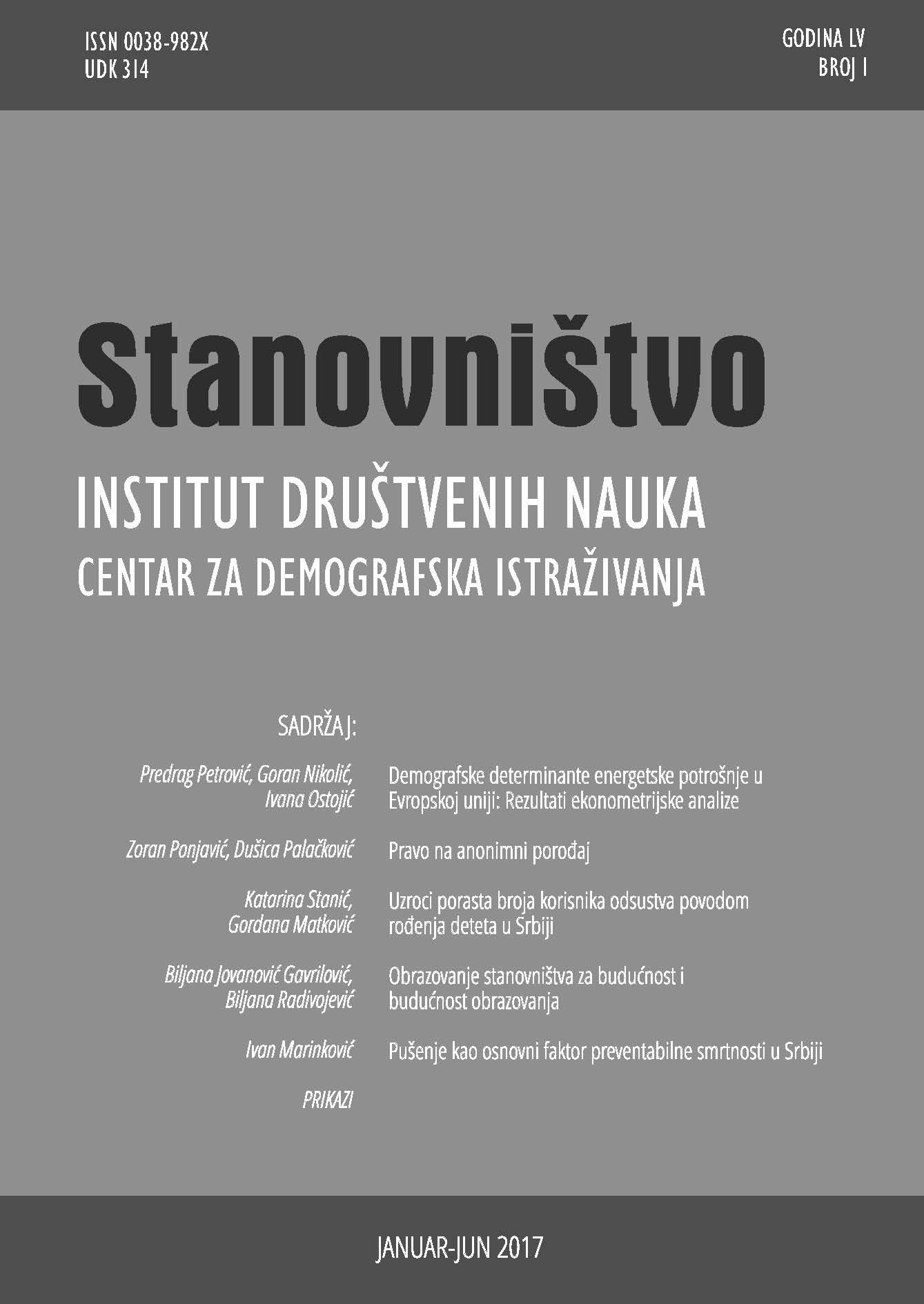Pravo na anonimni porođaj
Right to Anonymous Childbirth
Author(s): Zoran Ponjavić, Dušica PalačkovićSubject(s): Civil Law, Human Rights and Humanitarian Law, Health and medicine and law, EU-Legislation
Published by: Институт друштвених наука
Keywords: anonymous childbirth; the rights of children; the rights of mother; European Court of Human Rights in Strasbourg; Serbia
Summary/Abstract: In this paper, the authors present the institute of anonymous childbirth which is not regulated by the Republic of Serbia positive laws, but it is in a small number of other European countries. Contrary to the usual review of this issue, through the prism of the child’s right to know its origin, which has become the usual way of reviewing any question from the domain of paedo-centric family law, the authors hereby attempt to shed the light from another angle – the right of woman (mother) to a private life and the right of a child to be born in medically accepted conditions, which is the interest of the society as a whole. The authors also point out to the possibility of positive demographic effects of introducing this institute which have been the case in the countries which regulate this matter.The arguments in favor of introducing this institute can be found both in comparative law and in the practice of European Court of Human Rights in Strasbourg whose rulings reshape the legislation of European countries, thus actually becoming the sources of law. There is an example from French legislation, which, according to the Court’s opinion, established a fair balance between conflicted rights and interests, which was the key point for reaching the famous decision in the case Odièvre v. France. This decision set a precedent for the following rulings in similar cases, which proved that this decision was not incidental, but represented a long-term orientation of this Court in solving similar cases. In concluding remarks, the authors emphasize that introduction of this institute into Serbian legislation would not mean complete exclusion of the child’s right to know the facts related to his origin, which today is the key argument against its introduction. In any case, this regulation would represent a more advanced solution from the point of view of child’s protection if compared to some that already exist in Republic of Serbia positive law, which completely prevent a child to learn the facts of his origin.
Journal: Stanovništvo
- Issue Year: 55/2017
- Issue No: 1
- Page Range: 21-40
- Page Count: 20
- Language: Serbian

